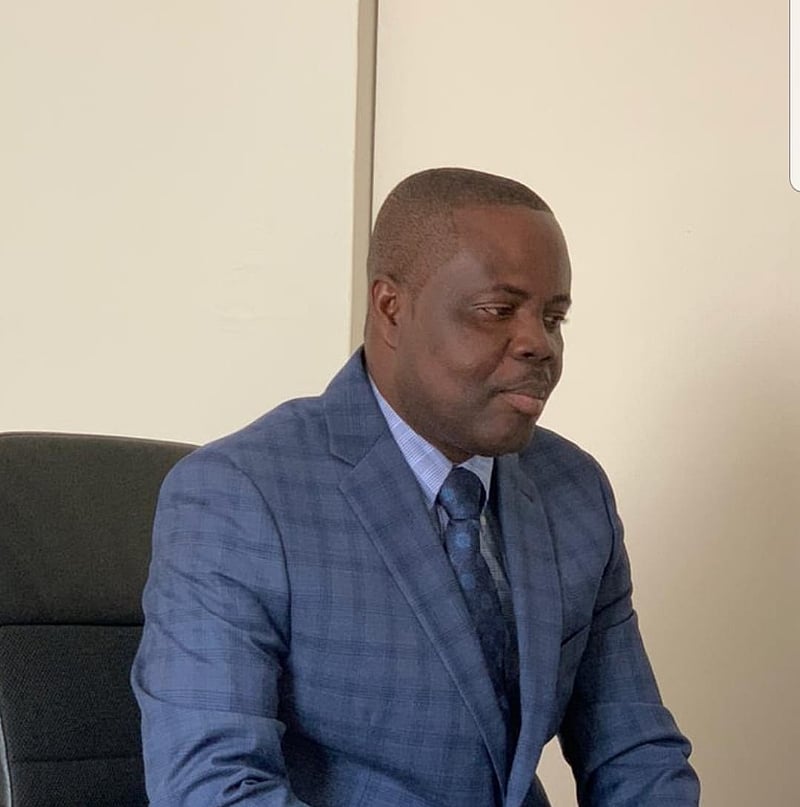Ghana's Democracy Debate: Calls for 20-Year Development Reset
A controversial proposal suggests suspending Ghana's electoral cycle for 20 years to focus on national development, sparking debate about democracy versus development priorities.

Ghana's Parliament House symbolizes the intersection of democracy and development in national discourse
Ghana Faces Critical Choice Between Electoral Cycles and Development
A controversial proposal is sparking intense debate in Ghana's political sphere, calling for a 20-year suspension of elections to prioritize national development under current leadership. The proposition, aimed at breaking the cycle of political disruption, emphasizes long-term planning over electoral transitions.
Development Priorities vs. Electoral Democracy
The proposal comes amid growing concerns about Ghana's development challenges, echoing similar discussions about economic transformation initiatives in regions like Tarkwa Nsuaem, where local authorities are working to establish sustainable development frameworks.
Key Arguments for Development-First Approach
- Continuous policy implementation without electoral disruptions
- Reduced spending on frequent electoral cycles
- Focus on infrastructure and economic growth
- Long-term planning capability
Institutional Reform and Governance
The proposal emphasizes institutional reform, similar to recent efforts in municipal governance and transparency initiatives. It calls for strengthening existing institutions while maintaining current leadership structures.
Social Impact and Economic Development
Advocates argue that sustained leadership could address pressing social issues, including systemic challenges in social institutions and economic pressures facing citizens.
Vision for Economic Independence
The proposal outlines a comprehensive plan for achieving economic independence by 2045, focusing on:
- Infrastructure development
- Educational reform
- Healthcare system improvement
- Industrial growth
- Technology advancement
Critical Perspectives and Democratic Concerns
Critics argue that suspending elections could undermine democratic principles and citizen participation in governance. They emphasize the need for balanced approaches that maintain democratic values while pursuing development goals.
Edwin Gyimah
Ghanaian journalist, covering African affairs for the past 10 years.
